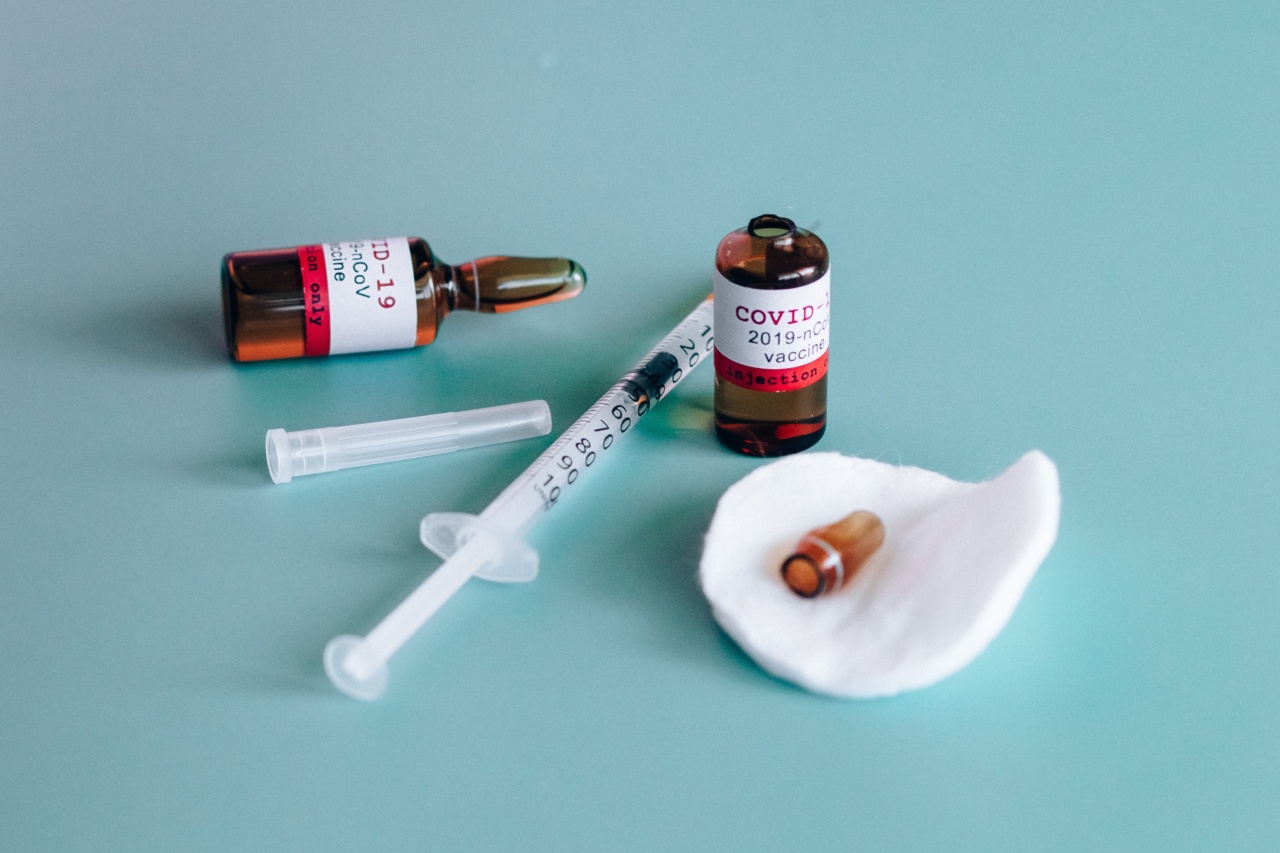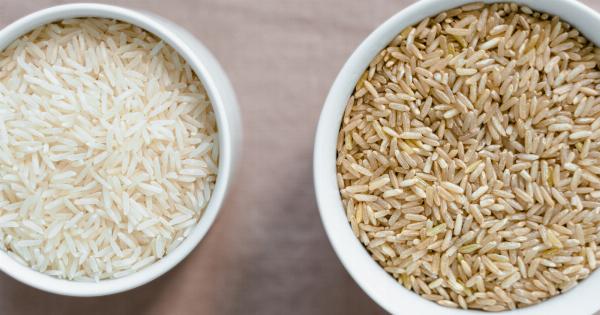Crohn’s disease is a chronic inflammatory bowel disease (IBD) that affects the gastrointestinal tract.
It causes severe inflammation, ulcers, and other complications, leading to significant discomfort and a reduced quality of life for affected individuals. While various treatment options are available for managing Crohn’s disease, researchers have been exploring experimental protein therapy as a promising approach to effectively combat this condition.
The Role of Proteins in Crohn’s Disease
Proteins play a crucial role in the immune system and are involved in various biological processes.
In the case of Crohn’s disease, abnormal immune responses and chronic inflammation in the gut are key factors contributing to the development of the condition. Researchers have identified specific proteins that are dysregulated in Crohn’s disease, providing potential targets for therapeutic intervention.
Interleukin-23 (IL-23)
IL-23 is a protein that plays a significant role in the immune response and is implicated in the pathogenesis of Crohn’s disease.
It is responsible for stimulating the production of other inflammatory proteins and immune cells that worsen the intestinal inflammation seen in Crohn’s disease. Targeting IL-23 has shown promise as a potential therapy for managing the condition.
Anti-IL-23 Antibodies
One approach to modulating the effects of IL-23 is through the use of anti-IL-23 antibodies. These antibodies can bind to IL-23, preventing its interaction with immune cells and reducing the inflammatory response.
Clinical trials investigating the efficacy of anti-IL-23 antibodies in Crohn’s disease have shown positive results, with a significant reduction in disease activity and improved clinical outcomes.
Tumor Necrosis Factor (TNF) Inhibitors
TNF inhibitors are a class of protein-based drugs that have been successfully used in the treatment of Crohn’s disease. They target TNF, another protein involved in the inflammatory response.
By inhibiting TNF, these drugs help reduce inflammation, improve symptoms, and promote mucosal healing. However, not all patients respond to TNF inhibitors, highlighting the need for alternative protein-based therapies.
Janus Kinase (JAK) Inhibitors
JAK inhibitors are a newer class of protein-based drugs that target Janus kinases, enzymes involved in the signaling pathways of immune cells.
By inhibiting JAKs, these drugs interfere with the production of inflammatory proteins and reduce inflammation. Preliminary studies have shown promising results for JAK inhibitors in Crohn’s disease, with improvements in clinical outcomes and a reduction in disease activity.
Integrin Antagonists
Integrins are proteins that play a role in the adhesion of immune cells to the gut lining. In Crohn’s disease, excessive immune cell infiltration into the intestinal wall leads to chronic inflammation.
Integrin antagonists are protein-based drugs that interfere with the interaction between immune cells and the gut lining, reducing inflammation and disease activity. Clinical trials investigating integrin antagonists have shown encouraging results, highlighting their potential as a therapeutic option.
Other Promising Protein Therapies
In addition to the aforementioned protein-based therapies, researchers are exploring other innovative approaches.
These include targeting specific cytokines, growth factors, and immunomodulatory proteins that play a role in the pathogenesis of Crohn’s disease. By modulating these proteins, researchers hope to develop novel treatment options that can effectively manage the condition and improve patient outcomes.
Challenges and Limitations
While experimental protein therapy holds promise for the management of Crohn’s disease, several challenges and limitations need to be addressed. First, the cost of protein-based drugs can be high, limiting accessibility for some patients.
Additionally, long-term safety and potential side effects of these therapies require further investigation. Furthermore, not all patients respond uniformly to protein-based therapies, necessitating personalized treatment strategies.
Conclusion
Exploring experimental protein therapy offers a promising avenue for the management of Crohn’s disease.
Targeting specific proteins involved in the inflammatory response and immune dysregulation can help reduce inflammation, improve symptoms, and enhance overall patient outcomes. Ongoing research and clinical trials are essential to refine these therapies and develop effective treatment approaches for individuals with Crohn’s disease.



























